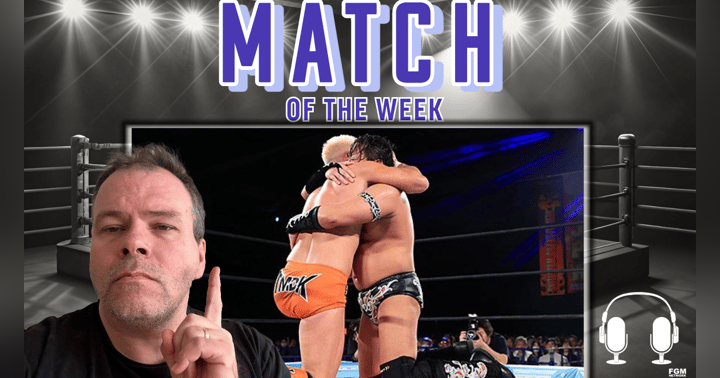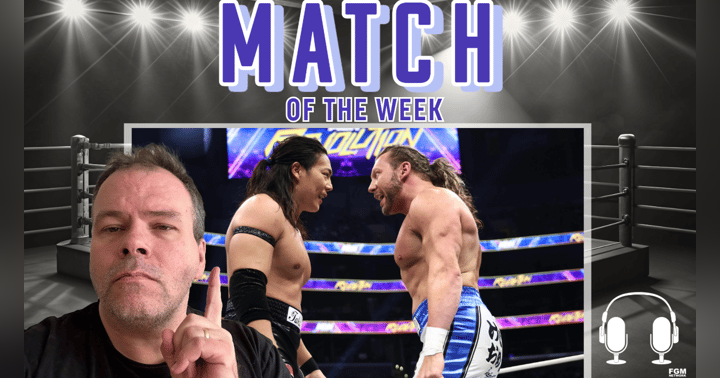Is Mr. McMahon a fair portrayal of Vince McMahon?

Originally, I was going to write something related to the process of trying to watch Netflix's six episode docuseries Mr. McMahon. It was quite the chore and watching television while taking notes and thinking of things to say on a podcast review is a much different process than watching it out of curiosity and for entertainment. Doing that in two sittings over the span of less than twenty four hours is probably not healthy. But that was the assignment.
The result was two Wrestling Observer Radio podcasts with Dave Meltzer that you can listen to on F4WOnline. I think you'll get a lot of insight from them. They are paywalled.
But after watching the discourse of the docuseries, I saw one talking point over and over.
Is Mr. McMahon a fair portrayal of Vince McMahon?
Yes, that question is meant to be ambiguous because the answer is more than likely based on what your preconceived notions of Vince McMahon were before you started your watch.
If you were looking for filmmaker Chris Smith and the production team to go harder on the sexual harassment charges and abuse allegations, you probably thought the docuseries was way too light on that information, only really discussing his exit, and second exit from the company in the last thirty minutes of episode six.
If you were looking to see if the docuseries was unfair to McMahon and was a hatchet job, you probably thought it was. There was the very funny bit with Vince and his wrestlers talking about the WrestleMania III attendance which was then corrected by my co-host Dave Meltzer whose role in the series was to be the gatekeeper of facts.
NAH THIS PROBABLY THE FUNNIEST CLIP IN THE WHOLE VINCE MCMAHON DOCUMENTARY
— FADE (@FadeAwayMedia) September 25, 2024
WHO LET DAVE MELTZER COOK??? 😂
(Mr.Mcmahon: The Documentary)
pic.twitter.com/mYjCAXONBF
But that wasn't even super serious. What it did was tell you that if Vince McMahon was going to lie since 1987 about the attendance, he was probably lying about other things.
But Vince buried himself in more disgusting ways including when discussing Rita Chatterton and the statute of limitations.
From my point of view, as someone who tried not to go into the docuseries with any opinion, I think it was mostly a fair portrayal, but because the film series tried to tell the history of WWF/WWE as well as Hulkamania, and WrestleMania, the subject matter was a bit blurred.
If the docuseries was a more focused look at Vince McMahon and why he became what he became, it's probably much more interesting. But do as many people watch on Netflix without more of a casual fan look at the history of WWE, in which Vince was intertwined? Probably not, and that's where the decision to grab more eyeballs may have changed what could've been an all-time watch to something that was a solid watch, but not as insightful as it could've been.
But that's also watching from my perspective as someone who knew just about all the stories told. If I question my friends who were wrestling fans when they were younger, they will probably find a lot of stories told that they had no idea about. I await our group chat for those exclamations.
If you are a diehard wrestling fan, you probably didn't learn much. It wasn't really made for you, but it was made with the idea that you wouldn't be able to stay away because you wanted to be part of the discourse. Had I not had to review it in the way that I did, I would've definitely watched for that reason, just maybe not as quickly.
If you aren't a diehard wrestling fan, you might have some interest because you recognize the McMahon name and possibly read the recent Wall Street Journal pieces and if you were a casual wrestling fan in your childhood, the WWE history slant probably entices you to step back into that childhood while watching the story about the guy who created an empire and fell on his own sword.






